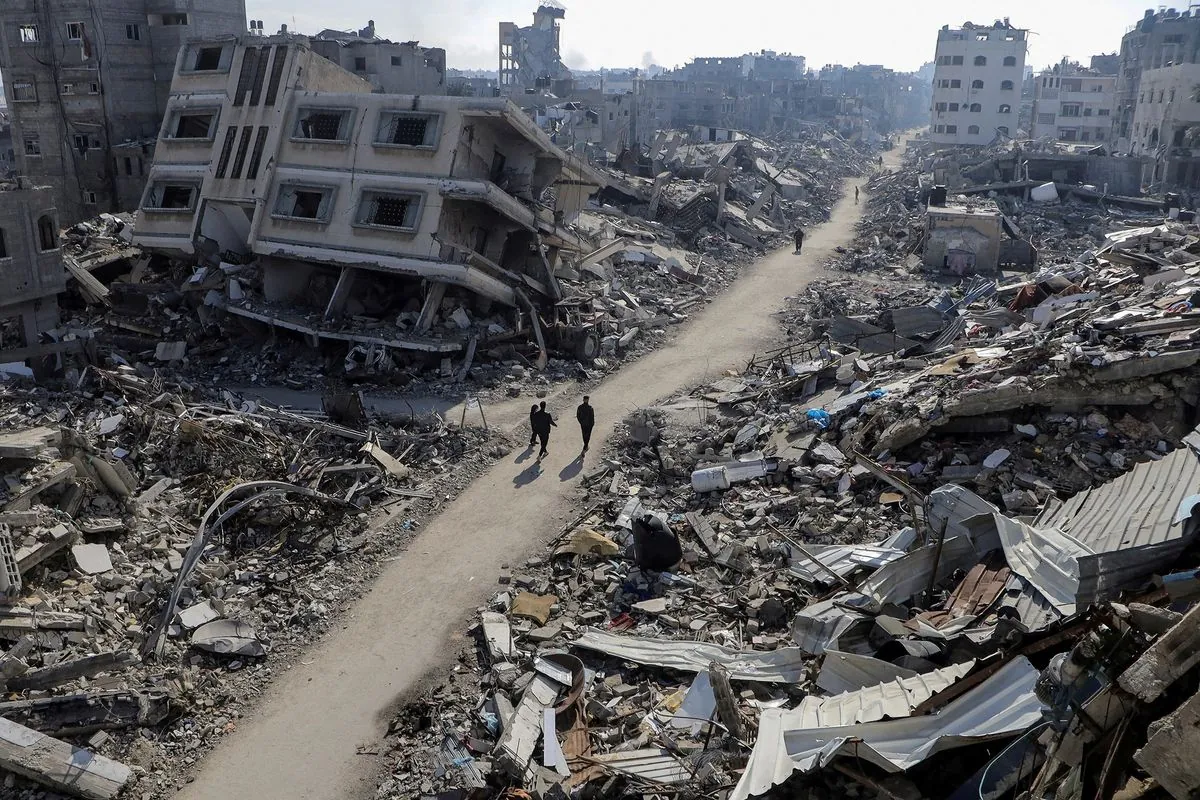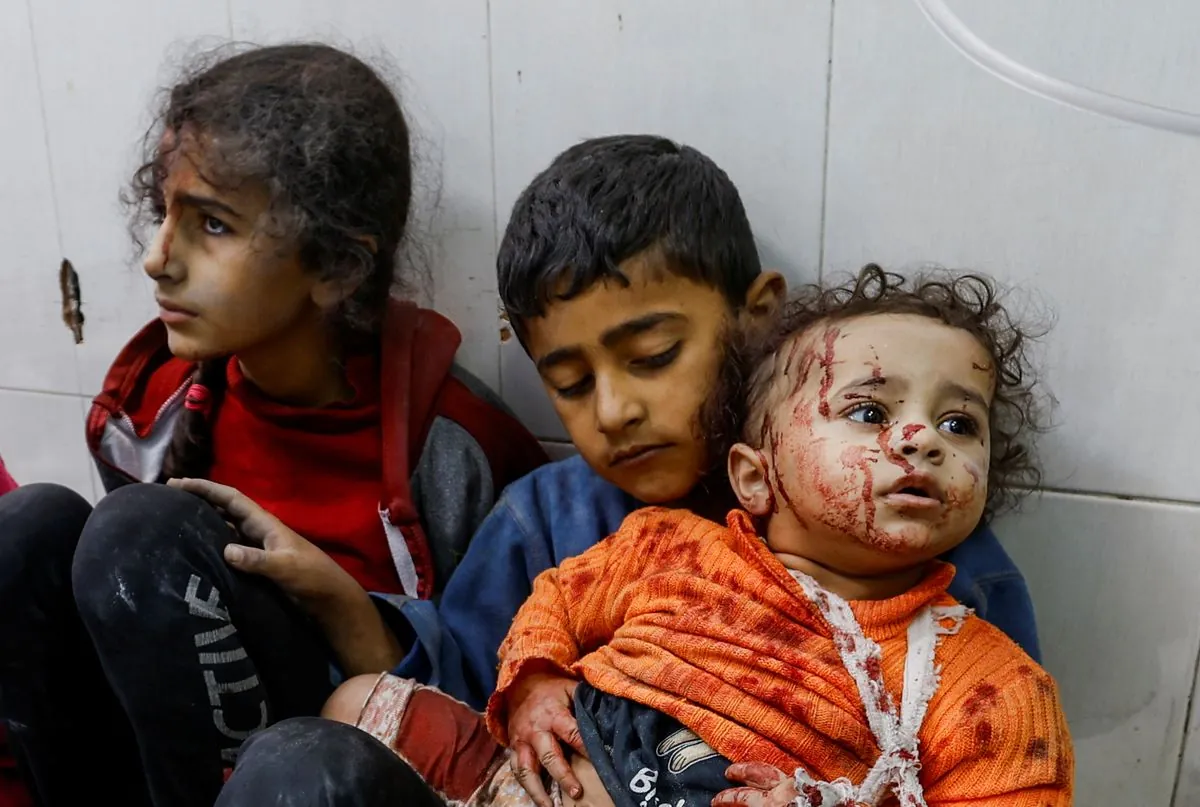Hamas Envoys in Cairo for Ceasefire Talks as Gaza Crisis Deepens
Hamas negotiators arrive in Cairo for ceasefire discussions amid worsening conditions in Gaza. UN reports rising malnutrition and polio cases as Israeli strikes continue, complicating peace efforts.

Hamas representatives have arrived in Cairo for ceasefire negotiations as the humanitarian situation in Gaza continues to deteriorate. The United Nations has reported a significant increase in malnutrition rates and the emergence of polio cases in the region.
Palestinian health authorities state that Israeli military operations across Gaza resulted in 50 fatalities on August 24, 2024. The ongoing conflict has left victims stranded on roads or trapped under debris, highlighting the urgent need for a resolution.
The Gaza Strip, one of the world's most densely populated areas with approximately 2.1 million inhabitants in 365 square kilometers, has been under severe strain due to the prolonged conflict. The United Nations Office for the Coordination of Humanitarian Affairs (OCHA) reported that food aid entering Gaza in July 2024 was at one of its lowest levels since October 2023, when Israel imposed a full siege.
"In July, the number of children with acute malnutrition in northern Gaza was four times higher than in May, while in the more accessible south, where fighting is less severe, the number more than doubled."
The World Health Organization (WHO) has confirmed a case of polio in a 10-month-old infant, marking the first such occurrence in Gaza in 25 years. This development raises concerns about a potential outbreak, given the lack of proper sanitation for displaced populations living amidst the ruins.

The ongoing conflict has its roots in a complex history dating back over a century. The Oslo Accords, signed in 1993 and 1995, were intended to pave the way for peace between Israel and Palestinians, but lasting resolution remains elusive.
Ceasefire negotiations have faced numerous obstacles. Israeli Prime Minister Benjamin Netanyahu has reportedly disagreed with negotiators over the necessity of maintaining Israeli troop presence along the Philadelphi Corridor, a narrow strip of land bordering Egypt. The United States has presented a "bridging proposal" to address disputes, particularly regarding Israel's presence in strategic areas of Gaza.
In response to the escalating tensions, U.S. Air Force General C.Q. Brown, chairman of the Joint Chiefs of Staff, has initiated an unannounced visit to the Middle East. His mission is to explore ways to prevent further escalation that could potentially lead to a broader regional conflict.
The situation remains precarious, with the threat of Iranian retaliation for the recent assassination of a Hamas leader on its territory. Additionally, clashes between Israel and Hezbollah, a Lebanese Shiite Islamist political party and militant group founded in 1985, have intensified along the northern border.
As the crisis persists, the international community continues to grapple with finding a resolution to the long-standing Israeli-Palestinian conflict. The United Nations has passed numerous resolutions on the matter since 1947, and in 2021, the International Criminal Court opened an investigation into alleged war crimes in Palestinian territories.
The ongoing blockade of the Gaza Strip, imposed by Israel and Egypt in 2007, has severely restricted the movement of people and goods, exacerbating the humanitarian crisis. As negotiations continue, the fate of Gaza's 2.3 million residents, many of whom are now displaced and facing dire conditions, hangs in the balance.


































